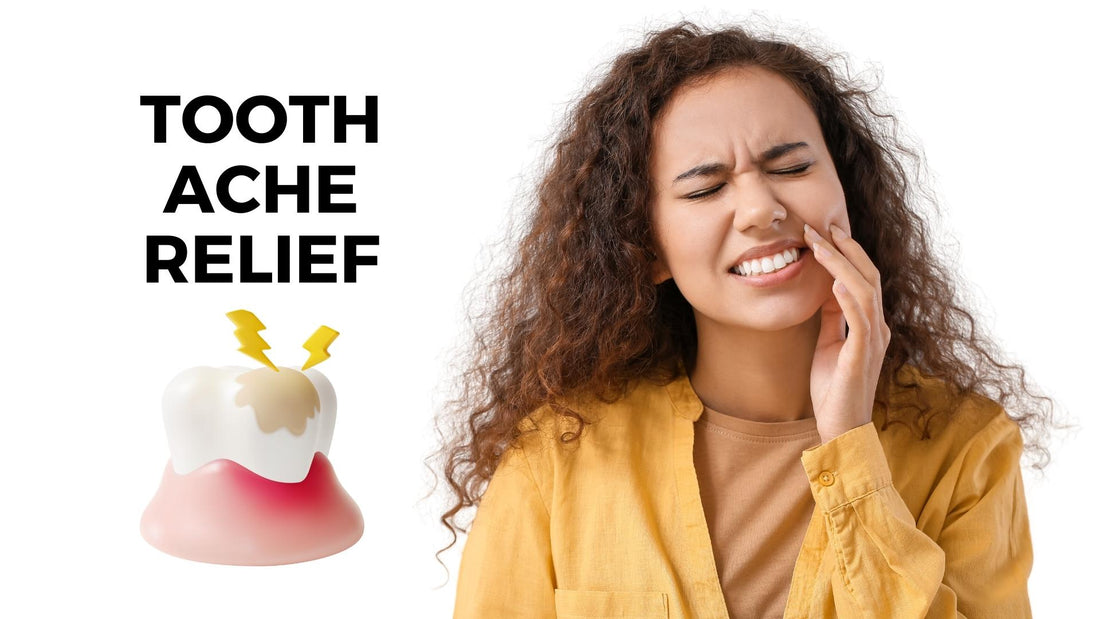
Health Guide of Tooth Ache
Share
Are you experiencing a throbbing pain in your mouth that just won't go away? It could be a toothache. Toothaches can range from mild discomfort to excruciating pain, and they can be caused by a variety of factors. In this blog post, we will explore the symptoms of a toothache, as well as provide you with some effective relief options.
What are the Symptoms of a Toothache?
Before we dive into the remedies, let's first understand the symptoms of a toothache. The most common signs of a toothache include:
- Sharp or throbbing pain in the affected tooth or the surrounding area
- Sensitivity to hot or cold temperatures
- Pain while chewing or biting down
- Swelling or redness around the affected tooth
- Bad taste in the mouth or foul-smelling breath
Relief Options for Toothaches
When it comes to relieving a toothache, there are several options you can try. However, it's important to note that these remedies are temporary and should not replace a visit to the dentist. Here are some effective ways to find relief:
1. Saltwater Rinse
Mix half a teaspoon of salt in eight ounces of warm water and use it as a mouthwash. This can help reduce inflammation and kill bacteria in the affected area.
2. Cold Compress
Apply a cold compress or ice pack to the cheek near the painful tooth. This can help numb the area and reduce swelling.
3. Over-the-Counter Pain Relievers
Nonsteroidal anti-inflammatory drugs (NSAIDs) such as ibuprofen can help alleviate the pain and reduce inflammation. Follow the instructions on the packaging and consult with a healthcare professional if needed.
4. Clove Oil
Clove oil contains a natural anesthetic called eugenol, which can provide temporary relief from toothache pain. Apply a small amount of clove oil to a cotton ball and gently dab it on the affected area.
5. Avoid Trigger Foods
Some foods and drinks, such as hot beverages, citrus fruits, and sugary snacks, can aggravate a toothache. Avoiding these trigger foods can help prevent further discomfort.
When to See a Dentist
While these remedies can provide temporary relief, it's crucial to schedule an appointment with your dentist as soon as possible. A toothache may be a sign of an underlying dental issue that requires professional treatment. Your dentist will be able to diagnose the cause of your toothache and provide appropriate treatment.
Remember, maintaining good oral hygiene practices, such as brushing twice a day, flossing daily, and visiting your dentist regularly, can help prevent toothaches and other dental problems. Take care of your teeth, and they will take care of you!